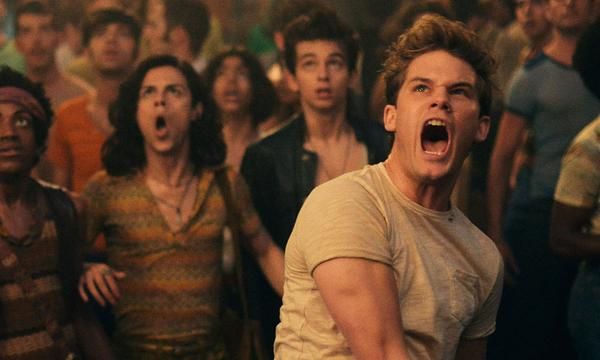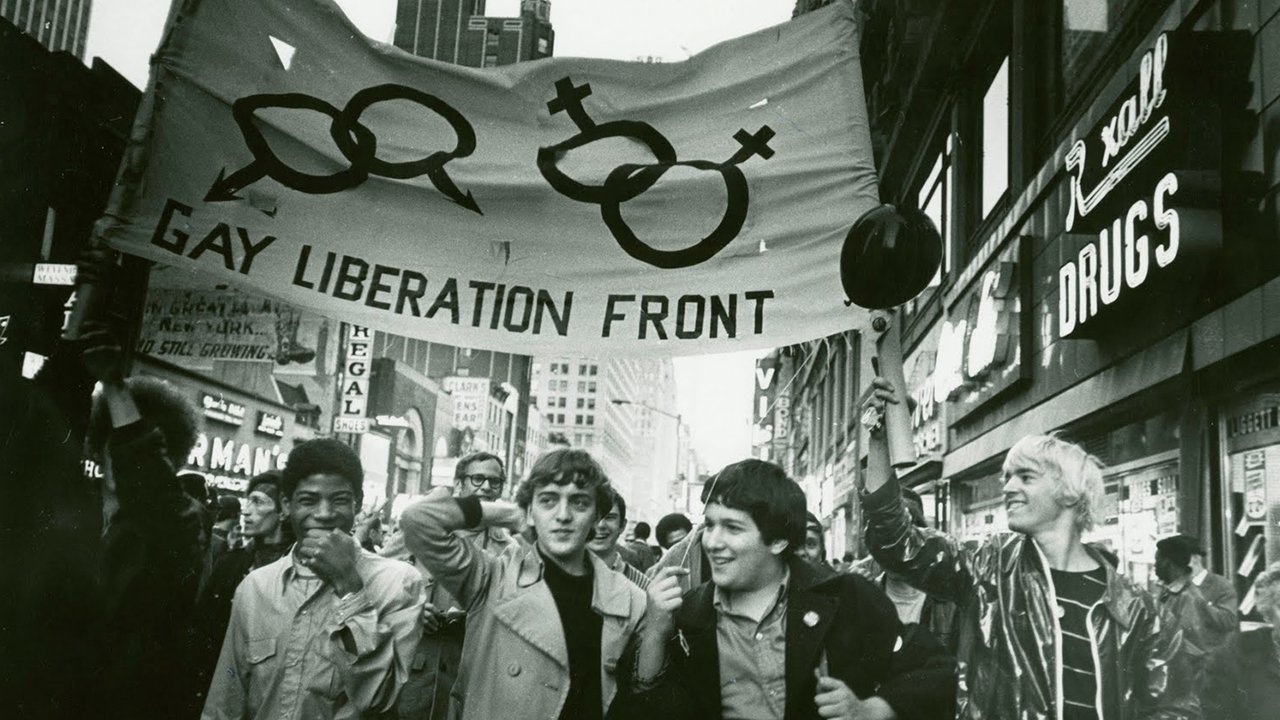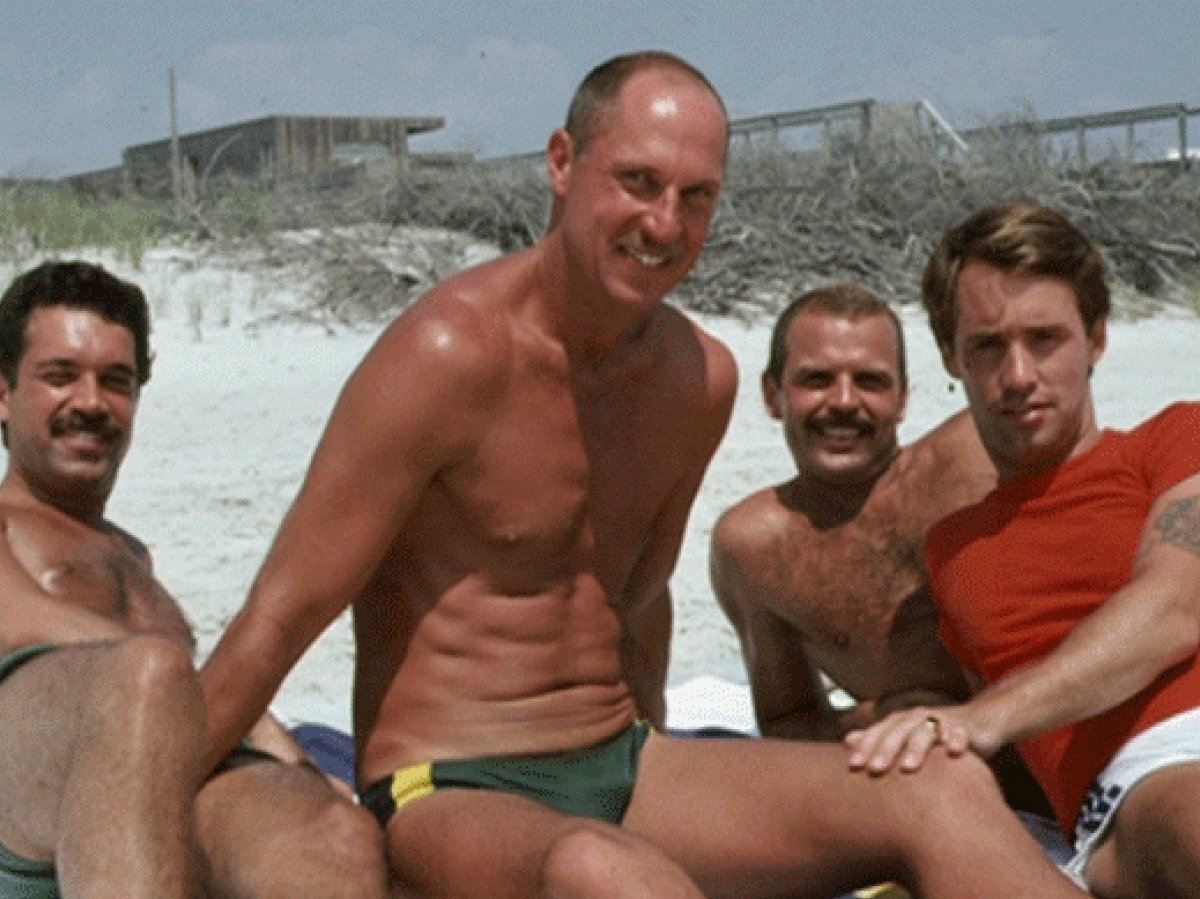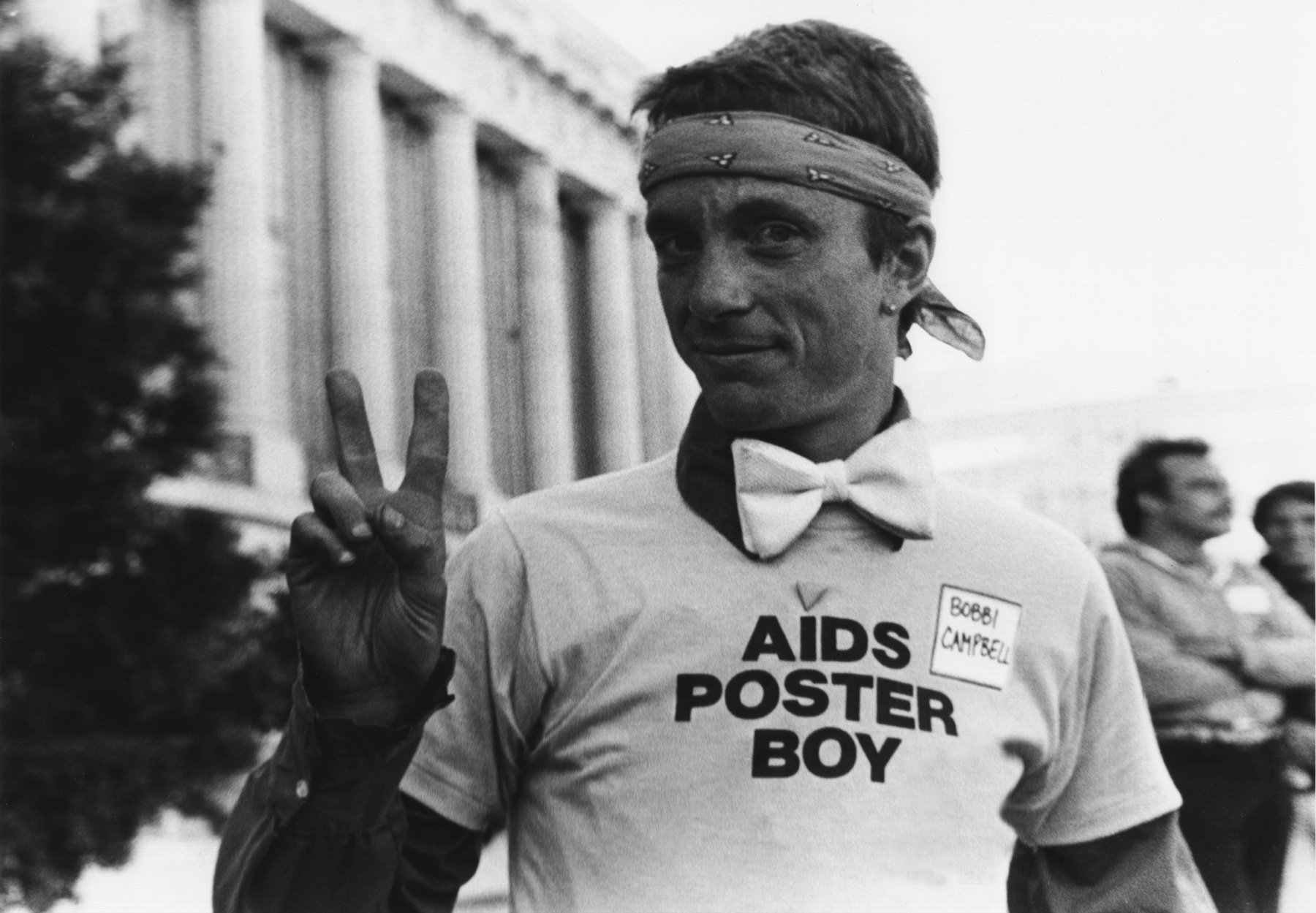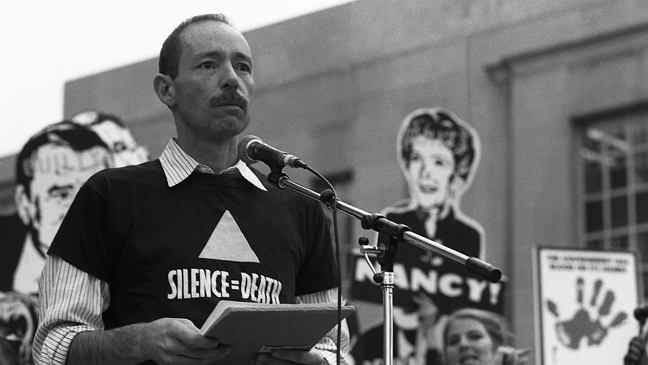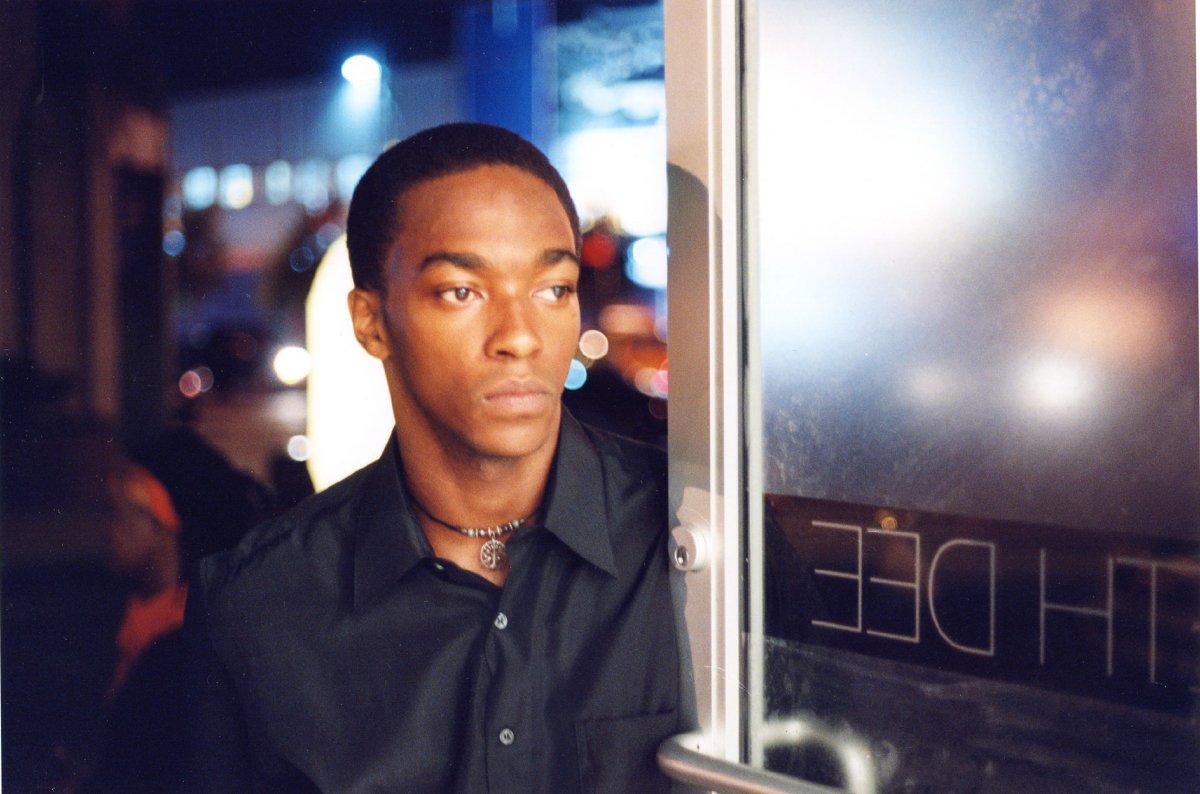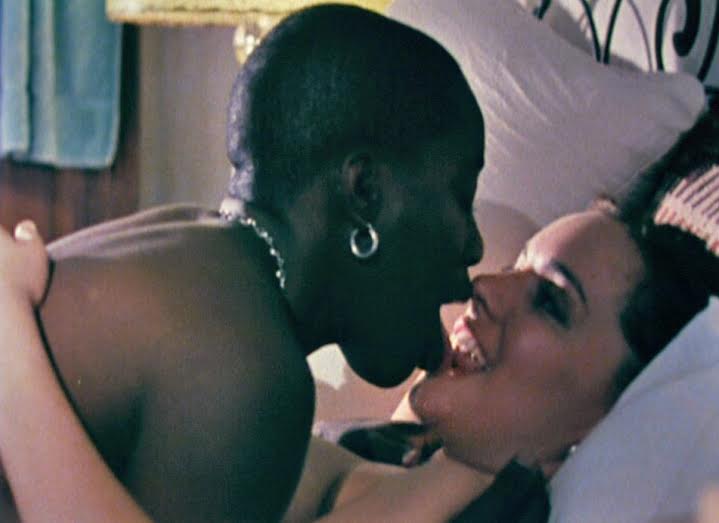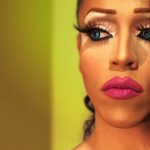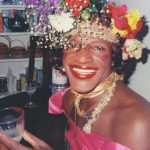By Jane McKerrow
Warning: Intro may contain traces of sarcasm
You know who really has it hard these days? Straight white men. Ever since Mad Max: Fury Road ruined action films forever, straight white men have had no identifiable protagonists in recent cinema, leaving them stranded in a strange new world where up is down, left is right and the Human Torch is black. This newly ostracised group is lost, leaderless and terrified that they’ll soon be rounded up and forced into the government’s secret gay wedding cake labour camps.
But never fear. Thanks to Roland Emmerich’s Stonewall, straight white men everywhere will finally have an accessible document to clarify the mysterious intentions that compose The Gay Agenda. For while a lesser director may have portrayed the 1969 Stonewall riots in a way that honestly represented the diversity of trans and queer individuals who partook in this historic event, Roland had the vision and the heart to attribute this pivotal moment in queer history almost entirely to the actions and leadership of a single handsome white fictional protagonist named Danny.
This inspired decision was justified as the only way that straight viewers could feel emotionally invested in the events depicted. The director of such historical epics as Anonymous and 10,000 BC told Buzzfeed, “I kind of found out, in the testing process, that actually, for straight people, [Danny] is a very easy in. Danny’s very straight-acting. He gets mistreated because of that. [Straight audiences] can feel for him.” Finally, a filmmaker who understands that no straight person could ever make heads or tails of such award-winners and box office hits as Boys Don’t Cry, Milk, Transamerica and The Crying Game.
But for those looking for an alternative, we recommend these seven films for their more honest depictions of some of the most exciting, turbulent and defiant chapters in queer history.
Before Stonewall (1984)
Essential viewing for anyone looking for an education on the history that came before the riots, Greta Schiller and Robert Rosenberg’s light-hearted and illuminating documentary chronicles several decades of build-up to the three nights that birthed the modern Gay Rights Movement. A film teeming with bitter truths but optimistic regardless.
Gay Sex in the 70s (2005)
From Before Stonewall, to After Stonewall, here is a doc that nostalgically shows just how the Gay Rights Movement and sexual liberation flourished after the riots, from New York City up to Fire Island…until the arrival of a sinister disease that presented a terrifying challenge to this once thriving community.
We Were Here (2011)
From East Coast to West Coast but still searingly relevant, David Weissman and Bill Weber’s (The Cockettes) award-winning documentary is a deeply touching look at the gay community of San Francisco during the arrival and manifestation of a devastating epidemic, one that shook America to its core. One of the many subjects who details the rapid decline in health of their friends and family is Eileen Glutzer, a Jewish nurse who defied the demonization of the queer community, and special mention is also given to the lesbians who cared for and supported their gay brothers.
Vito (2011)
Born and raised in East Harlem, Vito Russo was not only at the Stonewall Riots, he was also the founding member of the Gay and Lesbian Alliance Against Defamation (GLAAD), cofounder of the AIDS Coalition to Unleash Power (ACT UP) and author of The Celluloid Closet, the first book to critique Hollywood’s on-screen portrayals of gay people. In this documentary from Jeffrey Schwarz (I Am Divine), the life and times of a trailblazing queer film theorist are brought to life through the medium he helped enrich.
Brother to Brother (2004)
Blending past and present through the meeting of a young gay black artist and an elderly homeless man, Brother to Brother is an entertaining and thoughtful study of the legacy of the Harlem Renaissance of the 1920s featuring a winning performance from Anthony Mackie (The Hurt Locker, Million Dollar Baby, Falcon in the new Marvel films).
The Watermelon Woman (1996)
Widely referred to as the first feature film directed by a black lesbian, Cheryl Dunye’s The Watermelon Woman is a slippery metacinematic mockumentary which sees Cheryl herself struggle to make a documentary about an obscure actress from the 1930s. This blurring of the line between truth and fiction proves a fitting analogy as the history of black women and lesbians in Hollywood is examined with humour and insight.
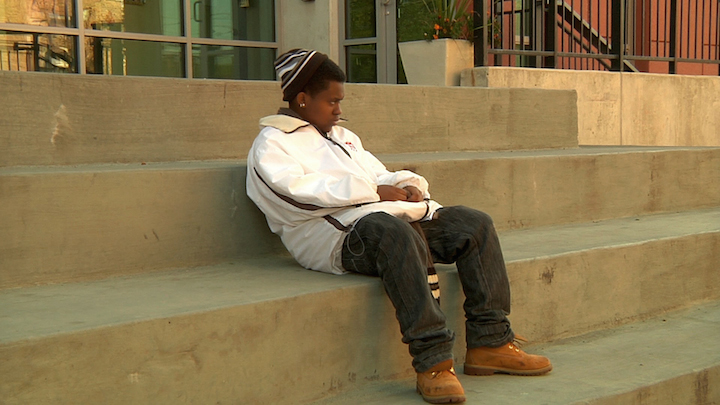
The Homestretch (2014)
Life becomes history as soon as it’s happened and this affecting documentary about three homeless teenagers living on the streets of Chicago addresses current issues of era-defining importance. Subjects include the black school-aged Kasey who was kicked out of her house when her mother found out that she was a lesbian. The Homestretch shows us the real thing, vividly drawing attention to the contemporary problems that exist in continuity with the rest of queer history.
Watch all these LGBT films and many more right here on FilmDoo! (UK & Ireland only)

